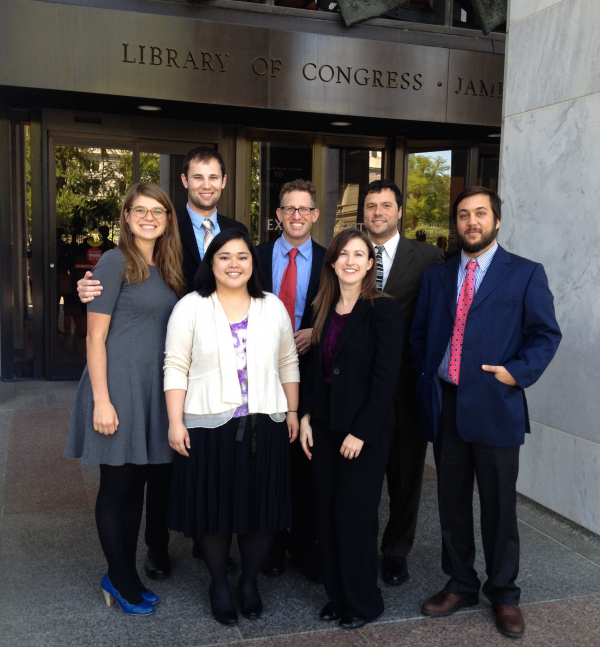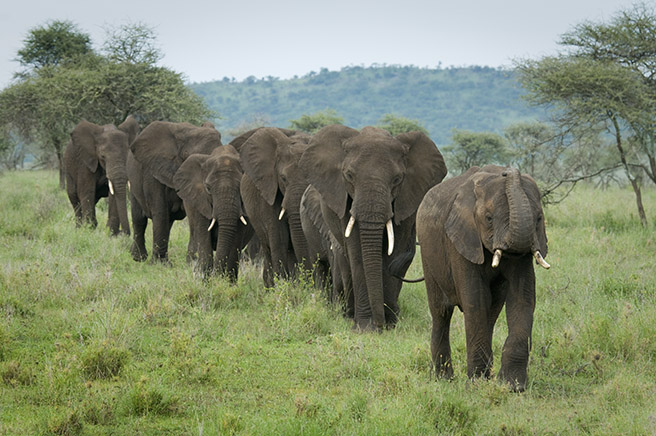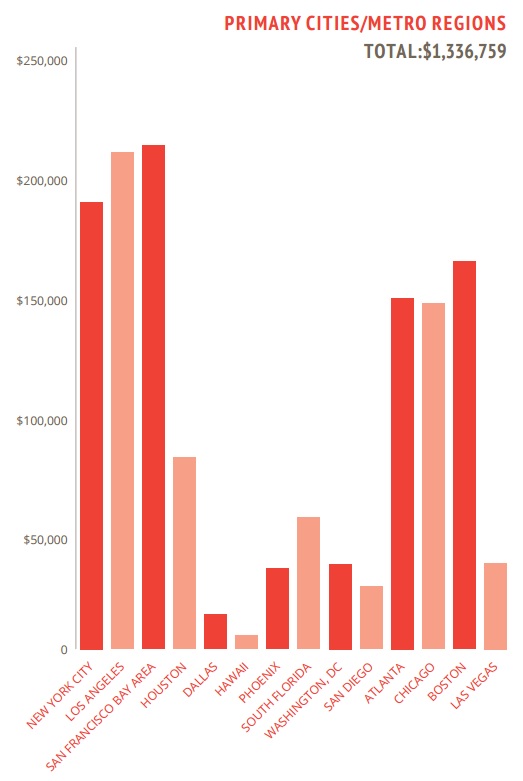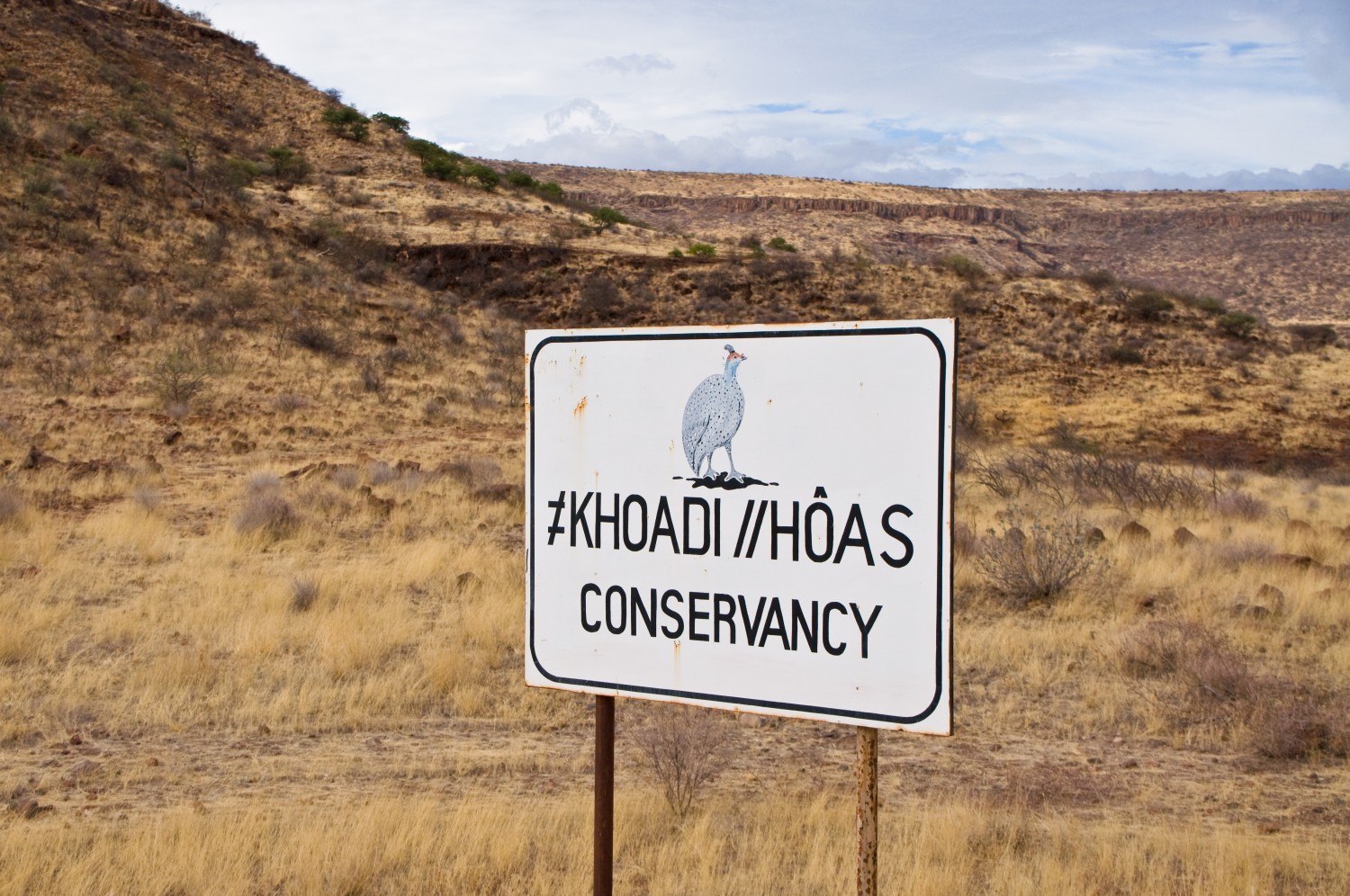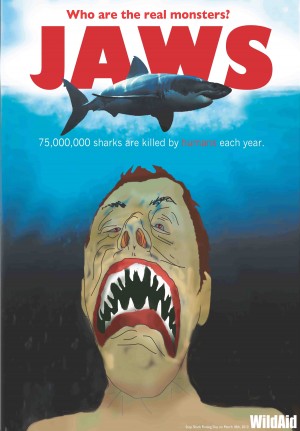In April 2015, we concluded this year-long research project with presentations in Washington DC. We wrote six papers as part of this project which are proprietary to the client, the Congressional Research Service. Six students — Leo Carter, Caitlin Goodrich, LinhPhung Huynh, Cliff Kaplan, Delfina Rossi, and Wade Tanner —… read more
Public-Private
Debt-for-Nature and the Illicit Wildlife Trade
Debt-for-nature (DFN) swaps “involve the purchase of a developing country’s debt at a discounted value in the secondary debt market and canceling the debt in return for environment-related action on the part of the debtor nation.” The debt that is purchased is then returned to the debtor nation as equity in… read more
Craigslist singled out in latest IFAW investigation
Informed by my career at eBay and as a student of the illegal wildlife trade, I have developed a keen interest in how wildlife traffickers use the internet to facilitate transactions. My last post, at least in small part, celebrated the decline of such sales on traditional e-commerce platforms in recent… read more
Wildlife trade shifting from e-commerce to social media
In a previous post several months ago, I discussed how e-commerce sites are a major conduit for the online trade of illegal wildlife products. The International Fund for Animal Welfare has been the foremost organization to monitor the online sale of wildlife products, and their 2014 report “Wanted–Dead or Alive” uncovered $11… read more
Namibia’s Community Wildlife Conservancies
Two of the biggest obstacles to effective conservation schemes in Southern Africa are the high rates of rural poverty and the lack of a system of laws providing property rights to vast sections of the population. Since the mid-1990s, the Namibian government has sought to incorporate into the conservation effort… read more
Will the USA support public awareness campaigns around the world?
Throughout the fall semester, I researched the effectiveness of public awareness campaigns in reducing demand for illegal wildlife products. I have examined campaigns from China, England and the USA. The purpose of this research was to develop an action plan for the USA; a way for the government to get… read more
Reports uncover thousands of illegal wildlife products for sale online
According to a recent study by TRAFFIC (a joint project of the World Wildlife Fund and International Union for Conservation of Nature), the illegal ivory trade has increased 300% from 1998 to 2011. Much of that growth has doubtless been facilitated by the internet, owing to its convenience and historically weak… read more
The illegal wildlife trade gets the royal treatment
The campaign against wildlife trafficking has no dearth of celebrity support, and among its star-studded roster of activists is a member of royalty. Prince William visited the United States earlier this week on a several day, multi-event tour condemning the illegal wildlife trade. In his first visit to Washington on Monday, he… read more
Are Public Awareness Campaigns Effective?
On September 15, the U.S. Fish and Wildlife Service (USFWS) launched the month-long “Ivory Challenge.” USFWS crushed six tons of confiscated ivory in November of last year. Through the Ivory Challenge, they are calling for artists “to create a compelling, thought provoking, informative and impactful display to increase awareness about… read more

